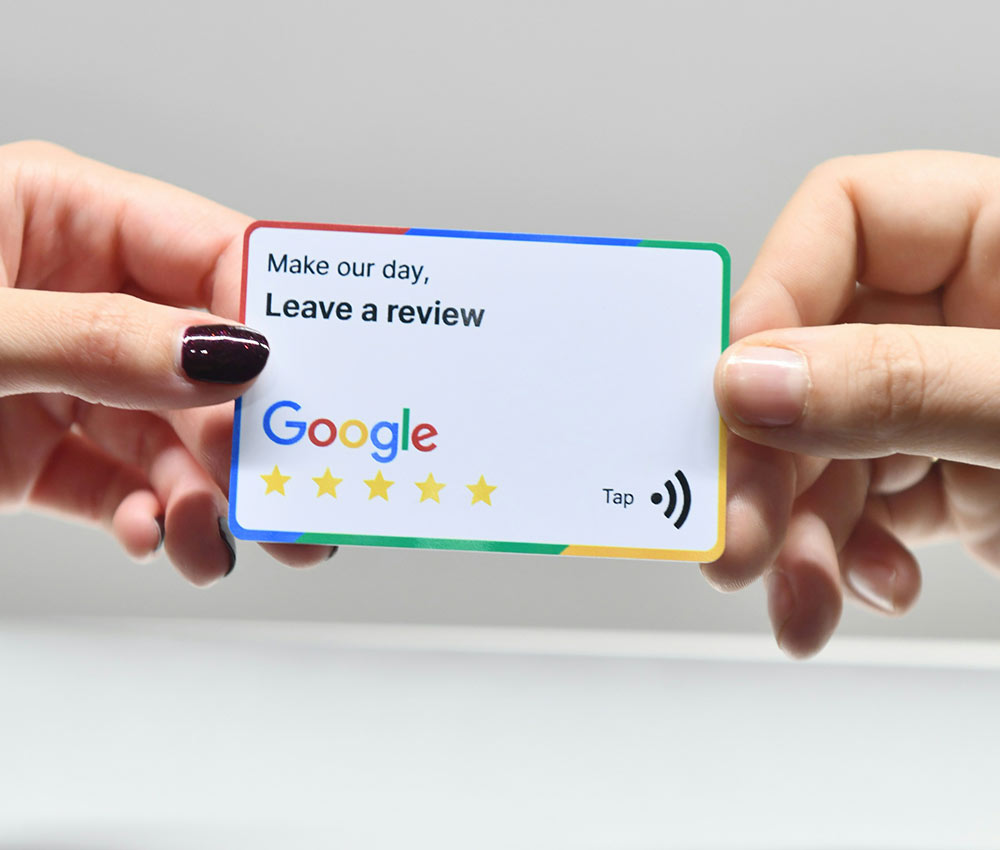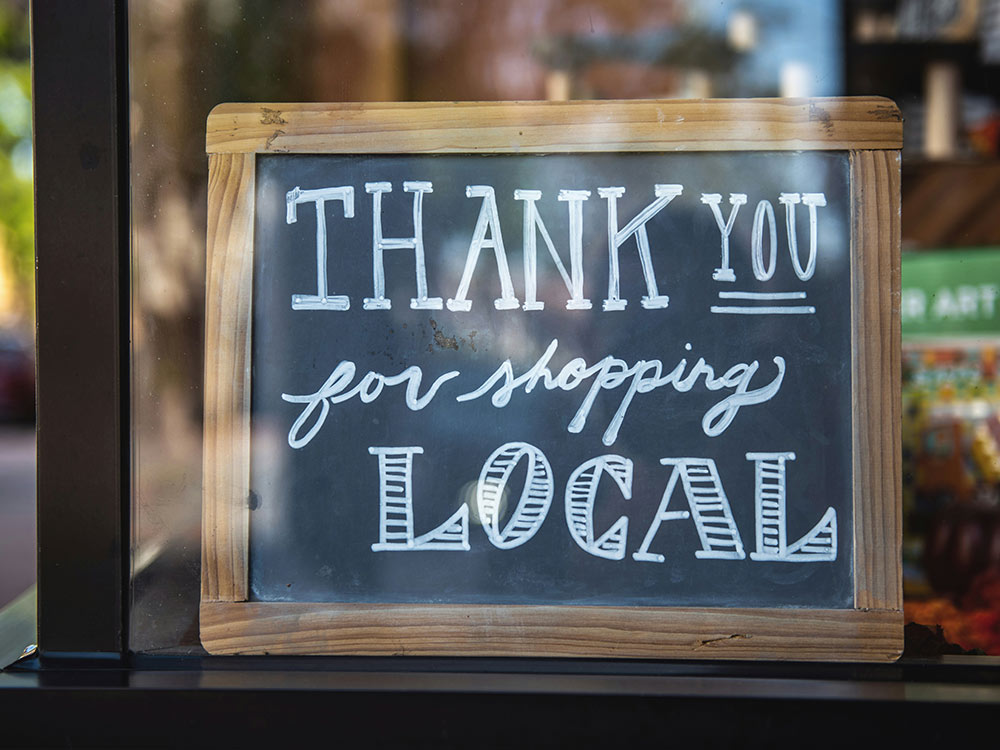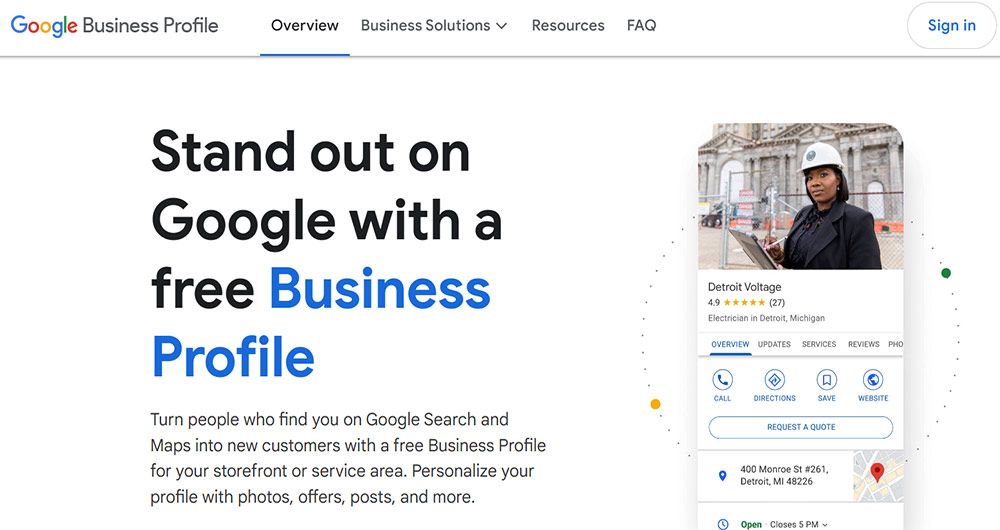Local SEO Strategies: How to Rank Higher in Local Search Results
If you’re running a small business, you’ve likely heard of SEO (Search Engine Optimization), but have you tapped into the power of Local SEO?
Focusing on your local audience can significantly boost your visibility, drive traffic, and increase sales.
Whether you’re a local café, a hair salon, or a service-based business, ranking higher in local search results can help your business stand out where it matters most — in your own community.
Here’s how to optimize your business for local search and increase your chances of appearing in those all-important local search results.
SEO Tips for Local Businesses
1. Optimize Your Google Business Profile
Your Google Business Profile (formerly known as Google My Business) is the foundation of your local SEO efforts.
When people search for services or products in their area, Google often pulls information directly from these profiles.
Here’s how to make your business profile work for you:
Complete Your Profile: Fill in all relevant information, including your business name, address, phone number, website URL, and business hours.
Be consistent with these details across the web and don’t forget to update them as soon as something changes.
Choose the Right Categories: Make sure your business is listed under the correct categories to help Google understand what you offer.
Pro Tip: if you’re not sure which category works best for your website, check which categories your competition are using.
Add Photos: Upload high-quality images that showcase your products, services, and location. Businesses with photos tend to get more clicks and customer engagement.
If possible, keep adding new pictures of your products or services regularly.
Post Regular Updates: Use the post feature to highlight special promotions, events, or new products. Google favors active profiles.
By optimizing your Google Business Profile, you’ll increase your chances of appearing in the Google Local Pack—the map and listing section that often appears at the top of local search results.
2. Build Local Citations
Local citations are mentions of your business’s NAP on other websites, such as local directories, industry-specific listings, or even social media platforms.
NAP stands for “Name, Address and Phone Number”. It’s a core concept in local SEO because Google uses NAP when ranking local search results.
The more consistent and accurate your citations, the more trustworthy your business appears to search engines.
Some key places to list your business include:
- Local directories (e.g., Yelp, TripAdvisor, or industry-specific sites)
- Chamber of Commerce listings
- Social media profiles (Facebook, LinkedIn, etc.)
Tip: Make sure your NAP is consistent across all platforms. Even small differences, like abbreviating “Street” to “St.” in one listing but not another, can confuse search engines.
3. Get Customer Reviews

Positive customer reviews can significantly influence your local rankings, especially on Google.
Reviews serve as social proof, showing potential customers that your business is trusted and well-liked.
Here’s how to leverage reviews for your local SEO:
Ask for Reviews: Encourage satisfied customers to leave reviews on your Google Business Profile or other key platforms such as Yelp.
Make it part of your process—whether in follow-up emails, on receipts, or at checkout.
Pro Tip: ask your customers to include pictures in their reviews if possible, as these reviews tend to get more visibility.
Respond to Reviews: Show appreciation for positive reviews and address negative ones professionally.
Engaging with reviews signals to Google that you care about customer satisfaction.
Avoid Fake Reviews: Focus on authentic customer feedback. Google can penalize businesses caught with fake or incentivized reviews.
4. Create Localized Content
Content plays a big role in SEO, and when it comes to local SEO, localized content is key.
Creating blog posts, landing pages, or even FAQs that address local topics or issues can make your business more relevant in local searches. For example:
- Write about relevant local events or community involvement.
- Share case studies of local customers.
- Create location-specific service pages (e.g., “Best Landscaping Services in [City]” or “Top-Rated [Service] in [Neighborhood]”).
By including locally relevant keywords and topics, you’re more likely to be found by searchers in your area.
Also Read: The Basics of On-Page SEO
5. Leverage Free and Cheap SEO Tools
You don’t need to break the bank to improve your local SEO. There are several free or affordable tools that can help:
- Google Business Profile: It’s free and an essential tool for local businesses.
- Moz Local: Helps ensure your business listings are accurate across the web. You can check your listings for free and manage them with a paid plan.
- Whitespark’s Local Citation Finder: This tool helps you discover local citation opportunities for a relatively low cost.
- Google Keyword Planner: While primarily designed for Google Ads, this tool can give insights into local keyword searches to help you optimize your content.
For businesses on a tight budget, these tools are a great way to start making improvements to your local SEO strategy.
6. Optimize for Mobile
A significant portion of local searches are done on mobile devices. Ensure your website is mobile-friendly and loads quickly to provide a smooth user experience for visitors.
- Use a responsive design so your website automatically adjusts to any screen size.
- Compress images and optimize site speed to reduce load times.
- Simplify navigation for mobile users, making sure they can easily find your contact information or make a booking.
Also Read: The Role of User Experience in SEO
Final Thoughts About SEO for Local Businesses

With the right local SEO strategies, your business can outrank competitors and attract more local customers.
From optimizing your Google Business Profile to encouraging customer reviews, and building local citations, these efforts will help you rank higher in local search results.
Start small, be consistent, and remember that SEO is a long-term strategy. As your local visibility grows, so will your customer base and, ultimately, your business success.
Read Next:

